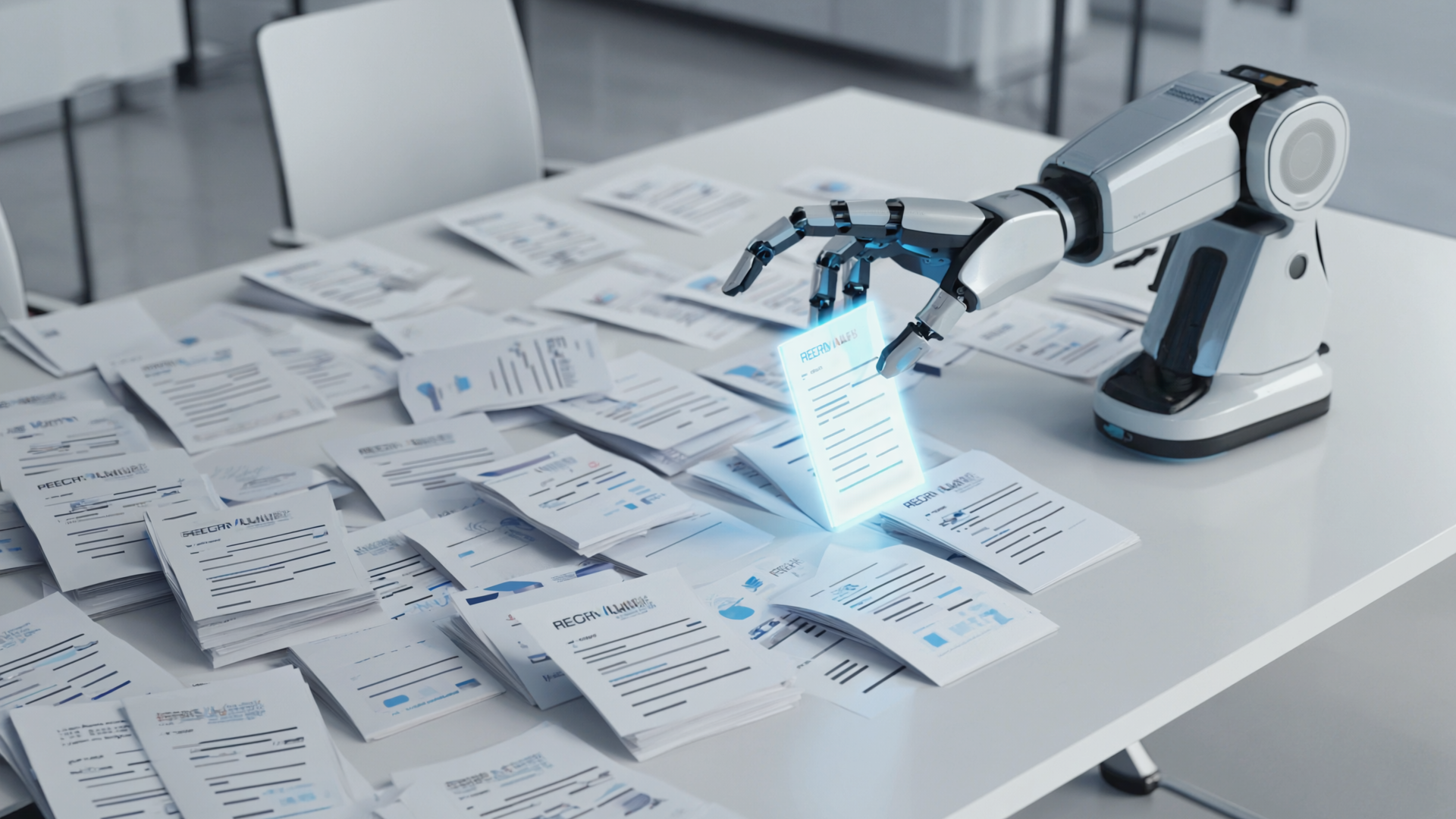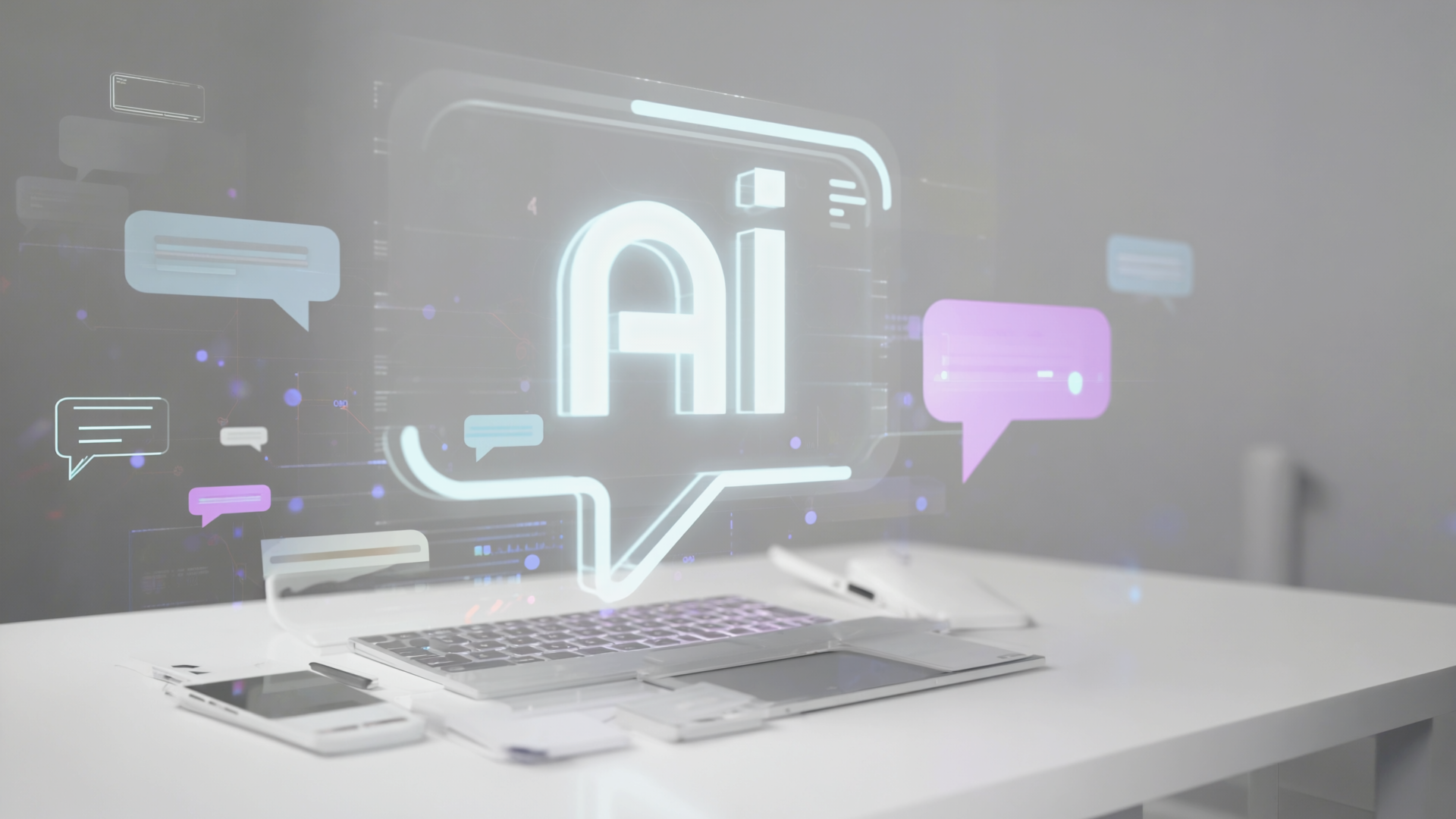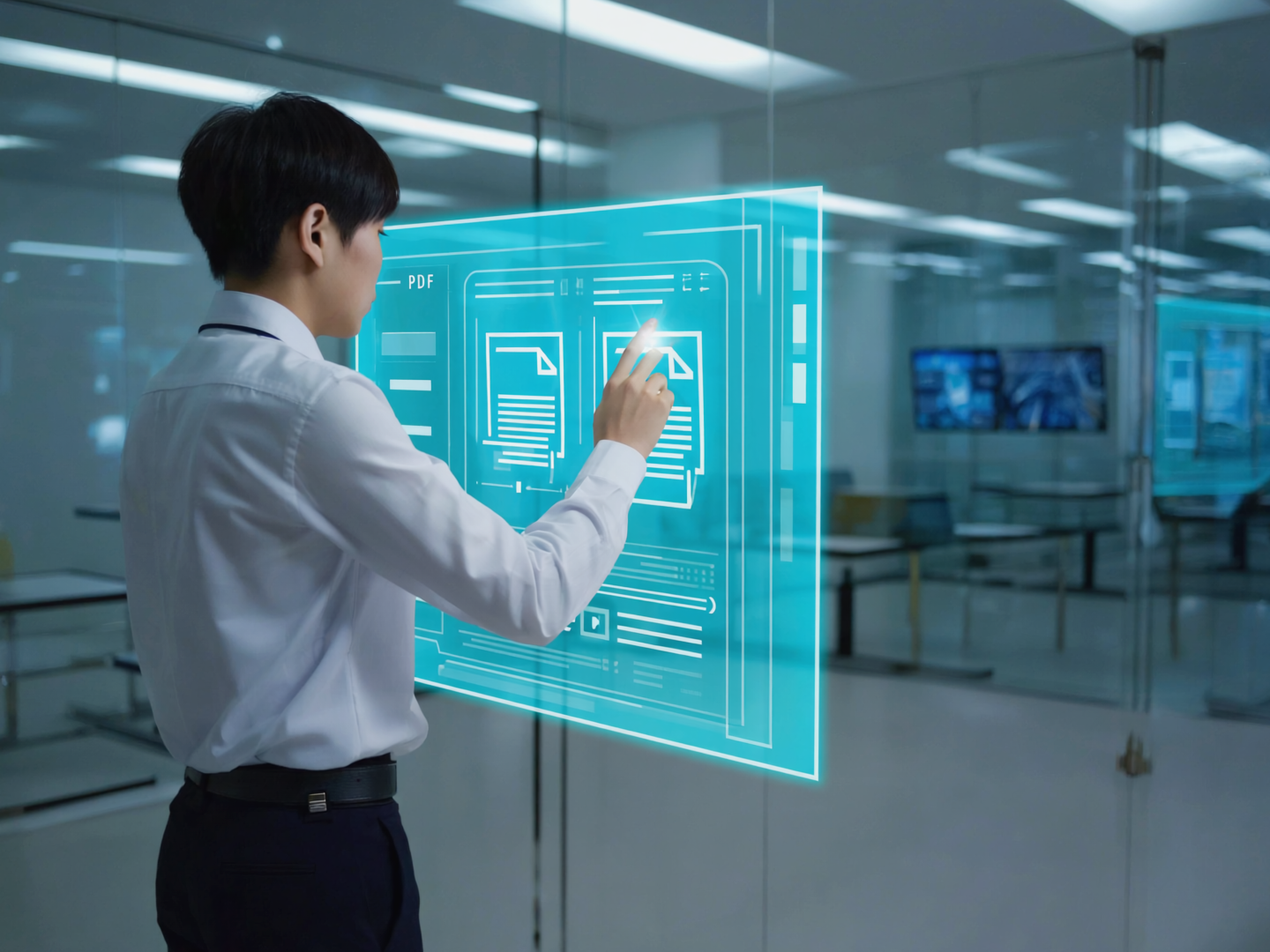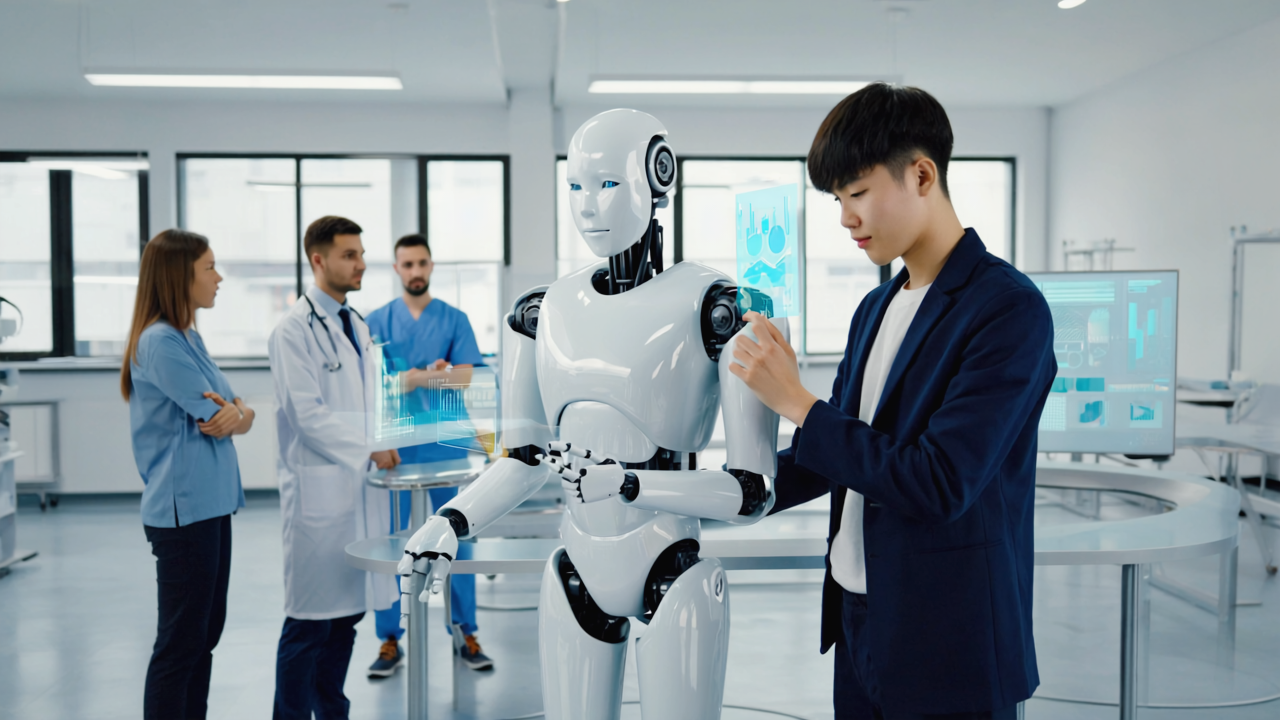
The Future of Artificial Intelligence
Introduction
Artificial Intelligence (AI) has long transitioned from the realm of science fiction to an integral part of modern life, driving innovation across a myriad of sectors. As we stand on the brink of a new era defined by technological advancements, the future of AI presents both exhilarating possibilities and challenges. From transforming industries to redefining the fabric of society, the importance of understanding AI's trajectory cannot be overstated. This article delves into the potential future of AI, examining key developments, industry impacts, and the broader implications for society.
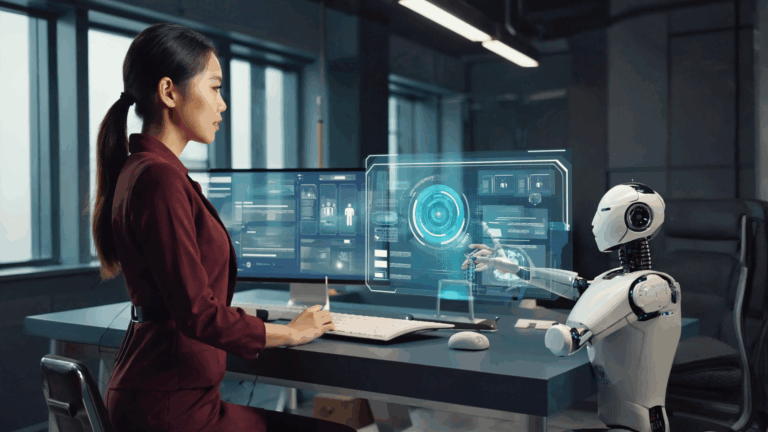
Key Points and Analysis
The future of AI is being sculpted by several critical trends and technological advancements. One of the most prominent trends is the development of increasingly sophisticated machine learning models. These models are becoming capable of tasks that once seemed solely within the human domain—such as natural language processing, image recognition, and even decision-making in complex environments.
A significant development in AI is the rise of generative models, such as Generative Adversarial Networks (GANs) and transformers, like OpenAI's GPT series. These models can generate human-like text, create art, and even compose music, pushing the boundaries of creativity and automation.
Another key point is the integration of AI with other emerging technologies, such as the Internet of Things (IoT) and blockchain. This convergence is leading to the creation of smart environments that can learn and adapt, enhancing efficiency and providing personalized experiences.
Moreover, the ethical considerations surrounding AI are becoming more pronounced. As AI systems gain autonomy, concerns about bias, privacy, and accountability are growing. Ensuring that AI development is guided by ethical principles is crucial to prevent misuse and to ensure that technology benefits all of humanity.
Industry Impact and Applications
AI's impact on industries is profound and far-reaching. In healthcare, AI is revolutionizing diagnostics and treatment planning by analyzing vast datasets to identify patterns that would be invisible to human eyes. For instance, AI algorithms are now capable of predicting patient outcomes and suggesting personalized treatment plans, thus improving healthcare delivery and patient outcomes.
In the financial sector, AI is enhancing fraud detection and risk management. By analyzing transaction patterns and customer behavior, AI systems can identify anomalies and potential threats much faster than traditional methods. Furthermore, AI-driven chatbots and virtual assistants are transforming customer service by providing instant, accurate responses around the clock.
The manufacturing industry is witnessing a shift towards smart factories, where AI-driven automation is increasing productivity and reducing downtime. Predictive maintenance, powered by AI, allows machines to be serviced before they break down, extending equipment life and minimizing disruptions.
Future Implications
The future implications of AI are vast and complex. On a societal level, AI has the potential to address some of the world's most pressing challenges, such as climate change and resource scarcity, by optimizing energy consumption and improving resource management.
However, the widespread adoption of AI will likely lead to significant changes in the workforce. While AI will create new job opportunities, it will also render certain roles obsolete. This necessitates a proactive approach to workforce development, emphasizing reskilling and lifelong learning to ensure that workers can transition into new roles created by AI technologies.
Moreover, geopolitical dynamics could be influenced by advances in AI, with nations investing heavily in AI research to gain strategic advantages. This could lead to an AI arms race, underscoring the need for international cooperation and regulation to ensure that AI is developed and deployed in ways that promote global stability and peace.

Conclusion
The future of artificial intelligence is a tapestry woven with opportunities and challenges. As AI technologies continue to evolve, they hold the promise of transforming industries, improving lives, and addressing global issues. However, realizing this potential requires a balanced approach that considers ethical implications, workforce impacts, and the need for international collaboration.
By fostering innovation while ensuring responsible development and deployment, society can harness the power of AI to create a future that is not only technologically advanced but also equitable and sustainable. As we venture further into this AI-driven era, the choices we make today will shape the world of tomorrow, underscoring the importance of thoughtful, inclusive, and forward-thinking strategies.
aecenas sollicitudin purus id leo vehicula lacinia quam vulputate dapibus fermentum metus, nec euismod nulla dapibus nasac metus nunc rabitur euntum
